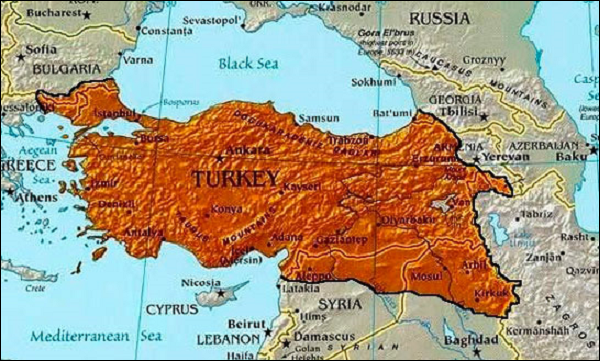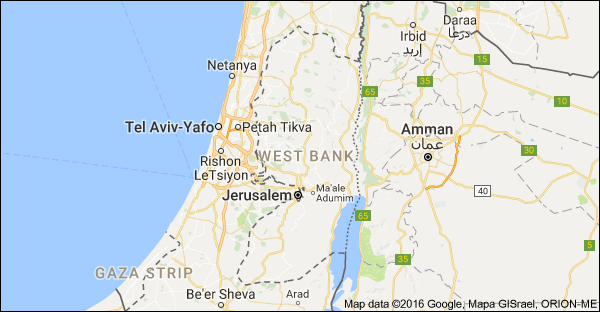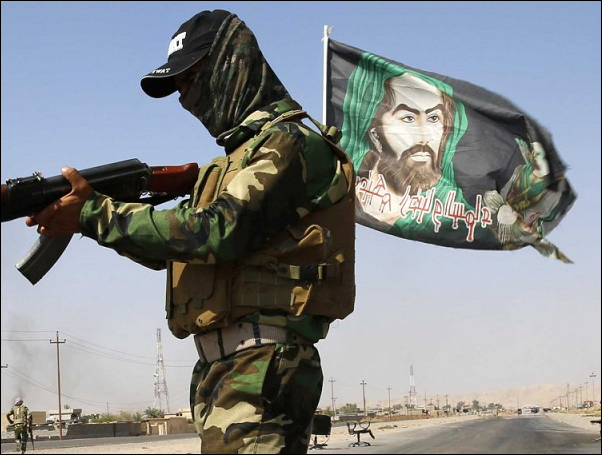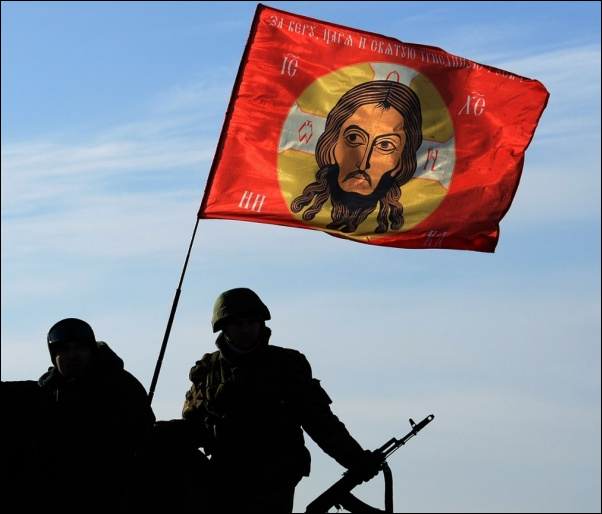Pistol, crucifix, condom
Friday, May 12th, 2017[ by Charles Cameron — covering all bases? — an astonishing display of symbols ]
.
Lists of three — sex, drugs and rock’n’roll for example, or wine, women and song, as we used to say — sex, lies and videotape — can usefully itemize / totemize the whole of life as it is lived — a jug of wine, a loaf of bread and thou beside me — at the individual, general, universal or transcendent level — when two or three are gathered in my name —
But this image, from a Ukrainian law enforcement advisor’s Instagram account beats all!
Hat tip: Christopher Miller
Pistol, crucifix, condom — I was wondering whether one could play scissors, paper, rock with those symbols, but..
**
Coleridge characterizes symbols thus:
A symbol is characterized… above all by the translucence of the Eternal through and in the Temporal. It always partakes of the Reality which it Renders Intelligible; and while it enunciates the whole, abides itself as a living part in that Unity of which it is representative.
At night, to be honest, a pistol, a condom an a crucifix might each be placed on the bedside table of someone in law enforcement as a matter of convenience, with no great symbolic import attached. But they are each nonetheless highly symbolic items. And the greater the degree to which these three items, when considered as symbols, are “translucent” to the individual resder here, the more astonishing their juztaposition in this image will appear.








